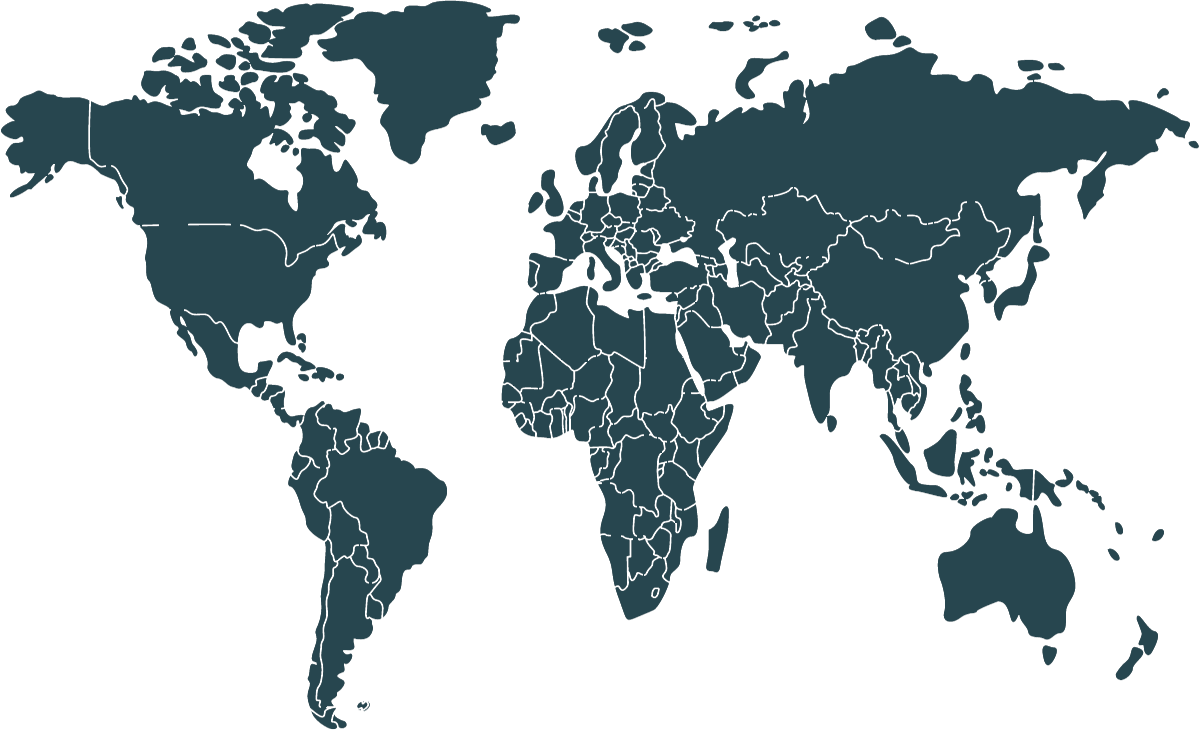Platform Operators
•• Facilitating third-party services
Platforms and Platform Operators expand and simplify Market Player interactions with
I-REC(E) and I-TRACK certificates
Accredited Platform Operators are in the position to provide additional services such as facilitating a marketplace, providing better visualization tools for market players and end-users, and many other things they see as beneficial in the market. Accredited Registries are the single point of truth for legal ownership of I-REC(E) and I-TRACK certificates, and can be used for the issuance, transfer, and redemption of certificates, but Platforms can change the interface through which market players communicate with the Registry. The International Tracking Standard Foundation (I-TRACK Foundation) supports Accredited Platform Operators to innovate and provide additional services.
Platform Operators can coordinate with the Registry Operator and Code Manager in the development of a Platform. A Platform is in direct connection with the Accredited Product Registry and hence does not jeopardize the robustness of the associated I-REC Accredited Products. From Platforms, requests for issuance, lodging for sale, transfer, or redemption of a Product Certificate held within a Registry are accessible to individuals or organizations (entities) other than those who are Accredited with the I-TRACK Foundation. Moreover, Platforms are also capable of initiating the registration or management of Entities or Production Facilities within a Registry.
Platform Accreditation
A Platform Operator is required to undergo Accreditation by the I-TRACK Foundation to ensure it adheres to the requirements of the International Attribute Tracking Standard (Standard).
Accreditation acknowledges that a Platform Operator complies with specific requirements mentioned in the Standard. However, Accreditation does not constitute an endorsement or guarantee of the quality of the Platform Operator’s products or services. Accreditation is dynamic and subject to periodic review and may be revoked if compliance with the Standard is not maintained. Further information about Accreditation can be found in the Standard.
The Preliminary Report Form for Platform Accreditation
Download a copy of the Preliminary Report Form for Platform Accreditation to fill out and e-mail to the secretariat.
Accredited Platform Operators
Bravowhale
Visit the Bravowhale Platform here.
Bravowhale is an Accredited I-REC(E) Platform Operator
Bursa Carbon Exchange
Bursa Carbon Exchange (BCX) is the world’s first Shariah-compliant multi-envrionmental product exchange that facilitates the trading of renewable energy certificates (RECs) and carbon credits via standardized contracts. BCX is also the first trading platform in Malaysia to receive Accreditation from the I-TRACK Foundation as a Platform Operator.
BCX is operated by Bursa Malaysia Carbon Market Sdn Bhd, a wholly-owned subsidiary of Bursa Malaysia Berhad. BCX offers three modes of trading: auction, continuous trading, and off-market transactions.
For more information, visit the Bursa Carbon Exchange (BCX) platform, here.
The BCX fee schedule can be found in Appendix 1 of Operating Procedure.
BCX is an Accredited I-REC(E) Platform Operator
Foton
The main purpose of the Foton Platform is to facilitate an I-REC(E) marketplace, allow bilateral transfers between parties, allow transfers to I-REC participant accounts, and allow creating redemption statements.
The Platform primarily operates in Turkiye. Visit the platform here.
FOTON is an Accredited I-REC(E) Platform Operator
InterOpera
InterOpera provides innovative end-to-end digital platform solutions for the entire lifecycle of I-RECs, including account opening, registration, issuance, management, trading, retirement, and analysis.
Our vision is to digitally bridge renewable energy and financial markets for a connected and sustainable future.
The OperaX Platform based in Singapore and open to global users. Visit here to know more about InterOpera and the OperaX platform.
InterOpera is an Accredited I-REC(E) Platform Operator
NetZero
NetZero is a Platform that allows both users with and without an account in the Evident Registry to interact with I-REC(E) markets around the world, with a focus on the Middle East. The Platform allows users to request device registration and I-REC(E) issuance, to transfer I-REC(E) with users of the platform and with Participants on the Evident Registry, to buy and sell on the marketplace, and the redeem I-REC(E) for own reporting purposes or for the one of your clients. More information about the platform can be found at www.net-0.com.
NetZero is an Accredited I-REC(E) Platform Operator
REDEX
REDEX Group Pte Ltd provides innovative technological solutions that enable companies to adopt renewable energy easily. Headquartered in Singapore, the Group developed and operates Asia’s leading Renewable Energy Certificates (RECs) trading platform. REDEX offers a one-stop ecosystem for RECs, supporting clients through the full REC lifecycle.
Committed to accelerating the global transition towards renewable energy, REDEX won the 2023 Emerging Enterprise Sustainability Award in Singapore.
Discover more at the REDEX Platoform: redex.eco.
REDEX is an Accredited I-REC(E) Platform Operator
SCSK
SCSK Corporation provides a one-stop for I-REC(E) in Japan and allows companies to easily purchase and redeem I-REC(E) without becoming a Participant.
Visit the SCSK Platform here.
SCSK is an Accredited I-REC(E) Platform Operator
Xpansiv
Xpansiv Ltd operates the Platform through its wholly owned subsidiaries, CBL Markets (USA) LLC and CBL Markets (Australia) Pty Ltd. CBL is a global platform for managing and transacting energy and environmental commodity products such as carbon, renewable energy, water, and natural gas. It connects buyers and sellers to manage and trade multiple environmental products on one platform. For I-REC(E), it is a global marketplace that is only accessible to entities who are a registered Participant at this moment in time.
Visit the Xpansiv Platform here.
